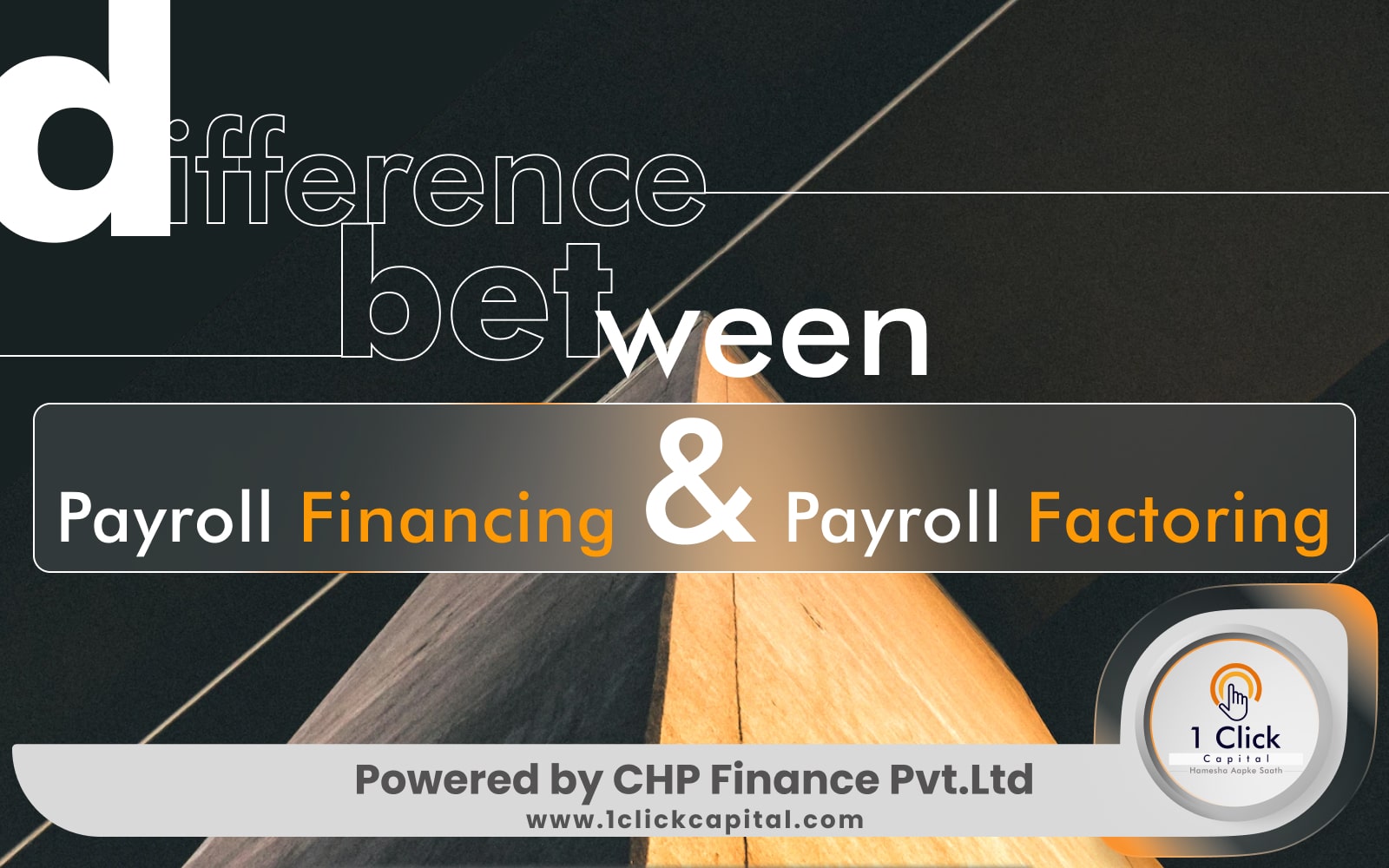A company running low on cash is not unusual. Many business owners may be frantically trying to figure out how to process payroll on time and satisfy their financial obligations as payroll time approaches. There are two main strategies that can help business owners who encounter these situations. Payroll financing and payroll factoring are the first two.
A payroll factoring business will frequently refer to its services as payroll finance in its advertising. It’s crucial to understand that payroll finance and factoring are actually extremely distinct from one another. Make sure to confirm that a loan is indeed for payroll finance before taking it out. Payroll funding won’t factor accounts receivables; factoring will. Payroll funding won’t. Don’t instantly think that factoring is your sole option if you are short on finances because there are alternatives.
Payroll Factoring: What Is It?
Let’s start by dissecting what payroll factoring actually entails in order to comprehend the distinctions between payroll financing and payroll factoring. The financing for a debt secured by a payroll invoice is called payroll factoring, often referred to as staffing factoring. How does that happen?
Employees who are leased to a company by a staffing agency have an employment contract with the staffing agency, which will charge the client at the agreed-upon bill rate. The staffing company pays the employee’s salary before sending a standard invoice to the client. The client then has 30 to 90 days to pay, as is the case with most invoices. The staffing agency may experience significant financial hardship as a result of having to pay an employee’s salary for whom they have not yet received funding, even while this is advantageous to employers as it allows them more time to pay.
This lag makes factoring for staffing firms rather typical. They consent to pay a percentage for the ability to sell their payroll bills through the factoring procedure in order to receive cash right now.
Payroll Factoring and Payroll Funding: Their Differences
Payroll finance and factoring differ greatly in a number of significant ways. In order for you, the company owner, to choose what is finest for your enterprise, it is crucial to comprehend how they differ from one another.
Why the sole factor determining whether you are granted payroll finance is the reputation of your company. The validity of the open invoices is the primary criterion for factoring approval. This means that even if you have steady revenue and a positive business history, your factoring loan may still be rejected if your customers have poor credit histories. But your loan for payroll financing would be granted without a problem.
- Factoring does not ensure that you will have enough money to pay your employees’ wages. Payroll financing does. The loan is dependent on your open invoices when you consider payroll or bills. That might be more than you require, resulting in unneeded interest and fees on an excessively large loan and an increase in your debt. Alternately, it might not even be sufficient to assist you in covering payroll, in which case your cash flow issue remains unresolved.
- In order to ensure that the funds are in your account in time for payroll, payroll finance collaborates with your payroll provider. Typically, factoring companies are not devoted to that. Payroll financing gives you the freedom to repay the loan early and pay only for the precise period during which you had the money. When factoring, you can choose to pay a fixed rate for each invoice or pay for the period of time it takes the factoring business to collect the invoice, which is typically 30 to 90 days. Even if you only required the money for a week or two, you won’t be able to repay the loan earlier. This is why factoring loans are often longer duration while payroll finance loans are considered short-term loans with a maximum term of four weeks.
In conclusion, obtaining a loan may be your best option if your company is momentarily cash-strapped and you do not want to run payroll late and cope with the repercussions that would follow. Just keep in mind that there are alternatives to invoice factoring, such as payroll finance, which may be more beneficial for you. More importantly, make sure to pay close attention to terminology at all times. As was previously indicated, the term “payroll financing” is occasionally used quite loosely and can really refer to factoring or a number of other loan kinds.




